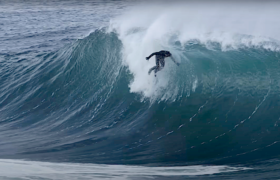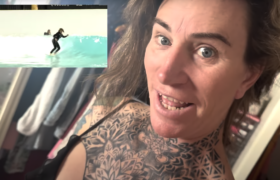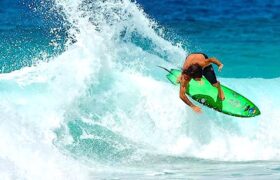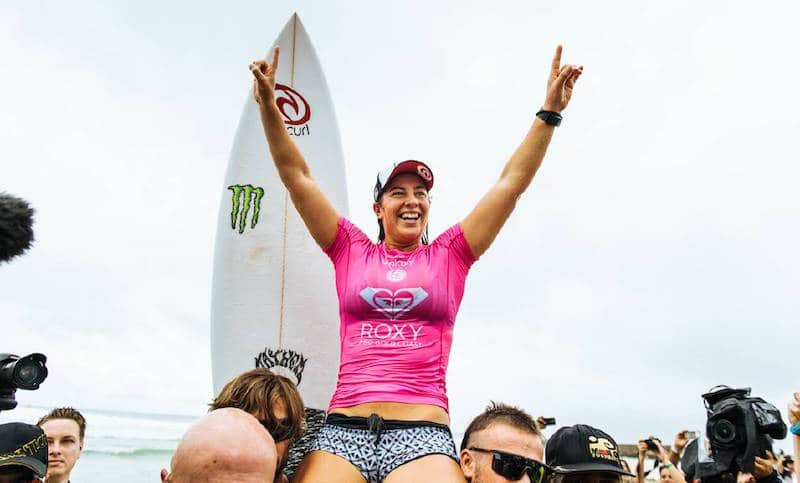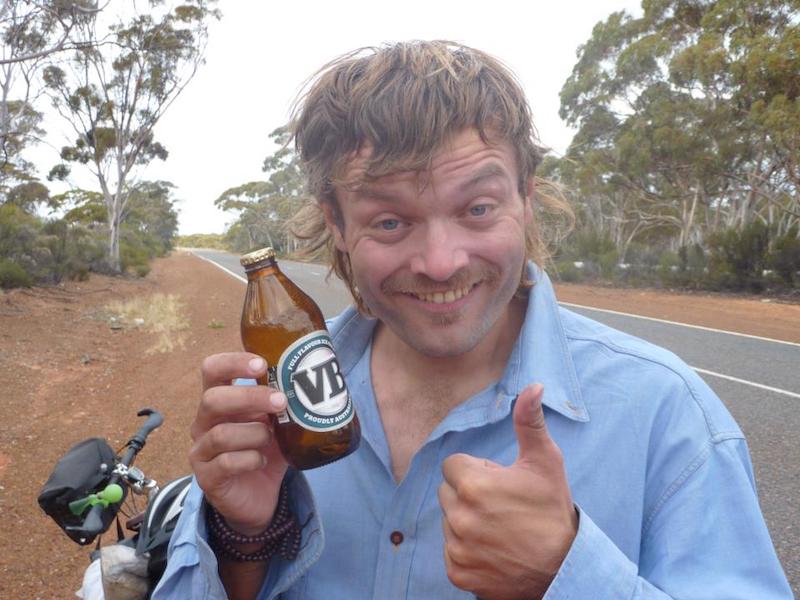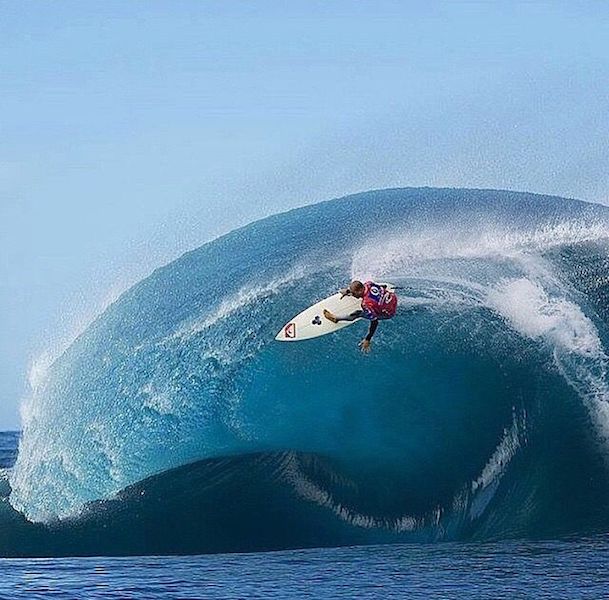Margaret River overheats with shark fever!
If you live in Margaret River, you’ll know how good…how big… Saturday was. Ten-to-twelve feet in the morning with twenty-footers hammering reefs by the afternoon.
The pro surfer turned real estate agent Mitch Thorson, ranked #16 in the mid-eighties and noted for his jams in big waves, had just cleared up an auction, grabbed his surfing equipment and had headed to Main Break, Margs, he says, “to sit on the shoulder and watch some big ones… it was genuine Hawaiian sorta shit. It was as close to as good and as big as it gets.”
But when Mitch, who is fifty three years old, arrived he was greeted by an empty lineup. A friend stuck his head in his window and told him a Great White “as wide as those Fiats yuppies drive” had swum through the lineup, mowing through salmon. Twice the White had been seen. The entire lineup paddled in.
The Western Australian salmon, of course, and as has been previously explained, gather around Cape Leeuwin and Busselton to “spawn when the eastward flowing Leeuwin Current is strongest, and eastward-directed winds are dominant, enabling transport of pelagic larvae to the south-east.”
Which normally isn’t enough to clear the water around these parts.
Mitch knew it was serious when one surfer, a South Australian transplant who’d stayed out when his pal Rob Bruce was bumped off his board by a Bronze Whaler last week, beached it.
“When I heard that, I knew it was for real,” says Mitch. “He’s never scared.”
Shortly after, an officer from the Department of Fisheries came up, wrote his message on the now ubiquitous shark sign (above) and advised surfers not to enter the water.
A marine biologist pal of Mitch’s describes the shark fever as being directly related to the hundreds of whales floating through lineups and washing onto beaches. “It’s like when you walk into a chook pen and you’re hanging out with the chooks, they’re chilling out and cruising around you, but when you throw pellets on the ground they go berserk. That’s what the shark behaviour is at the moment.”
On the day two surfers were attacked by sharks around Gracetown, a shark watch helicopter crew member says he saw fifteen large sharks between North Point and Kilcarnup.
Mitch did go surfing on Saturday, his ten-three turned into a longboard instead of an elephant chaser, sliding along waist-high reforms in front of the Gnarabup cafe with “women, children and guys with their girlfriends.”
“A one-foot little roller, riding these rolly polly little things that go for a hundred yards. But it was nice to go surfing. I haven’t been surfing much.”
